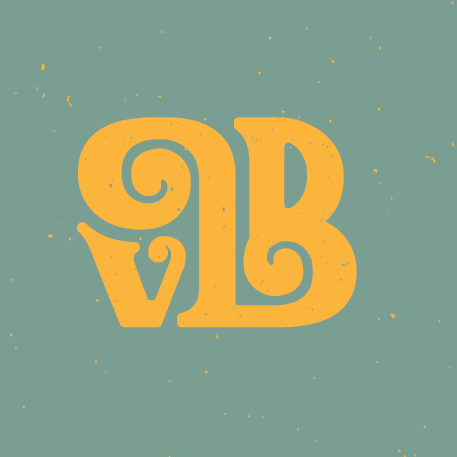We live in a world of instant information. Now more than ever we can access data that confirms our own beliefs; it has never been easier to live in an echo chamber. We compound our confirmation bias by simultaneously broadening our social circle to global and limiting our intake to only that with which we agree. We can have a thousand “friends” and choose to listen to only a fraction of them. Even though there’s more information than there has ever been before, we can still choose to insulate ourselves.
The instant nature of this information also means that much of it will be unfounded. It’s harder to verify. There’s little at stake when data can be made global at the click of a button the moment a thought has been had.
Anonymity also lowers the stakes of sending thoughts into the world. A twitter war with a faceless entity can make us feel entitled to express our opinions without consequence. And each side will be “right,” justified in their opinions. Divisive language happens when there is anonymous emoting (because what more can we call it when no common ground or intellectual growth is sought?)
We have to do better. We have to dig deeper. We have to be open to learning that we are wrong.
An education worth having must begin with humility. It’s important to recognize bad rhetoric; there’s a lot of it out there. A voracious reader will begin to make himself less easily duped by false or manipulative talk. Exposing oneself to a broad range of thought will make for a better thinker, a more discerning human being, and therefore a better citizen of the world.
We can’t expect to be good judges of our present if we are unwilling to zoom out and consider the wider context.
Reading great works from those who came before us gives us roots. The ideas of past geniuses broaden our own network of ideas. When a strong wind of someone disagreeing with us comes along, we can take that view into consideration without fear that it will uproot our entire system of beliefs. The roots are deep enough and broad enough to take on new ideas and weigh them against existing ones. We needn’t be threatened by new ideas because we are equipped to look at them critically and with an open mind. More importantly, we have trained ourselves to learn from everything with humility.
Get my latest content by email
Plus my free e-book, "Almost Perfect: How to Eliminate Procrastination and Consistently Create Your Best Work"


Leave a Reply